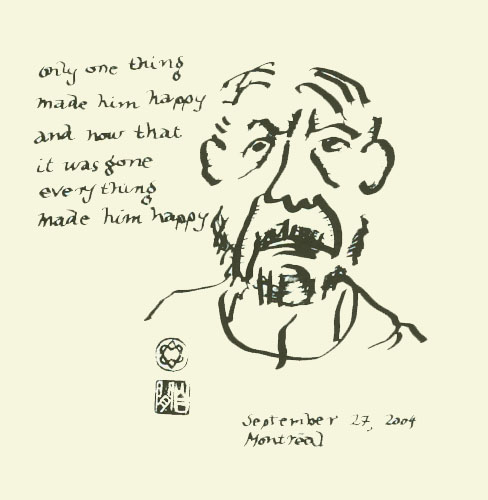[ by Charles Cameron — a bumpy ride from the void, geographically and legally envisioned, via strategy to complexity and fiction, winding up in Rushdie territory with his Quichotte ]
.
Just a few odds and ends that spark, I suppose, evens and beginnings.
**
The Mandarin, The rocky road to reconciliation in Australia
the British declare Australia terra nullius, a place belonging to no one. The land is most definitely not a ‘null’, but the doctrine of terra nullius is a convenient legal cover for theft on a colossal scale.
Terra nullius — is that the legal equivalent of a cartographer’s here there be dragons?
**
Also a nullius matter?
Moot for real or mootness as gamesmanship?” the legendary Supreme Court correspondent Linda Greenhouse asked in The New York Times.
That’s from Garrett Epps, ‘The Supreme Court Is Not Well. And the People Know It.’ in the Atlantic.
A moot law is a null law, surely. But though both are fascinating, neither one addresses the viod plenum which so interests me. Still..
**
Continuing my meander through one level of abstraction above regular reality..
WOTR, THE GREAT DUALITY AND THE FUTURE OF THE ARMY: DOES TECHNOLOGY FAVOR THE OFFENSIVE OR DEFENSIVE?
In war, firepower favors the defensive and maneuver favors the offensive.
Hm. Assuming this is common knowledge, having two doctrines is one thing — but how many generals have two mindsets, and can switch between them as appropriate. I’m hoping Zen and or other strategy buffs will weigh in here. This is abstract enough to catch my eye, but war is gritty enough that even strategic thinking comes with trench mud and blood attached.
**
A Brexit madman or master bluffer? What’s behind Boris Johnson’s suspension of UK Parliament
Game theory – the study of strategy and decision making – offers some clues. In the language of game theory, Johnson faces a serious “credibility” problem. He needs to convince the various players in the Brexit game – including the EU as a whole, Ireland, MPs in the House of Commons, the public and businesses – that he will indeed have the UK leave the EU, if need be, without a deal in place, on the October deadline.
Currently, many of these players do not truly believe that he would – perhaps informed by the inaction of the government of Johnson’s predecessor, Theresa May, or the high stakes involved of leaving without a deal.
Hm, a governmental void as strategy.
That excerpt offers a neat illustration of why human decision-making is so complex and, by extension, fallible
It also illustrates the utility of a HipBone-variant game board for carrying the voices of multiple stakeholders in mind at once — a polyphony (multiple voices) in counterpoint (point counter point) —
Time, clipping the wings of possibility, increases tension at a decision fork where, as another Channel News Asia article also notes, Britain is in its “deepest crisis in living memory”.
Okay:
Complexity? the national and international interests, personal interests, thoughts, and feelings of all participants, as above. How good is Boris Johnson at evaluating all those influences?
After a long period of digestion, I’m willing to believe a novelist or TV showrunner might be able to capture the web of influences involved. But that’s after the fact, after the fork — after fatal decisions have been made. And we call them fatal both because they produce fatalities, and because the Fates, and because the Fates, the Moirae spin them.
**
For instance:
To face a people and catch its characteristics as if being confronted by just one person is practically impossible especially when the intention is to give an admonition… or suggest a way to govern it. It is much safer to rely on literature, on the way writers have represented her life, her way of being, the constant mobility of her reality and the variety present in the characters described.
That’s from an account of Sicily and its Mafia connections, but the novel offering access to the understanding of a people by means of the interplay of characters..?
**
Meanwhile at Brownpundits, my other home..
Dr Hamid Hussain, An Extension for General Bajwa
:Bless the British who instilled a sense of professionalism in officer corps that has taken a big hit in successor Indian and Pakistani armies. The most scathing criticism came from Lieutenant General Nathu Singh of Indian army who said, “I have not known a British officer who placed his own interests before his country’s, and I have hardly known any Indian officer who did not”
That’s quite a tribute —
the master gamekeeper at the national park
Just for the phrasing..
**
& finally:
somewhere between a pinball machine and a three-dimensional game of snakes and ladders
That’s not a description of goepolitical life in the Presidency of Trump, it’s praise for Salman Rushdie‘s upcoming novel, upcoming my way at least, I hope, Quichotte
Enough!












